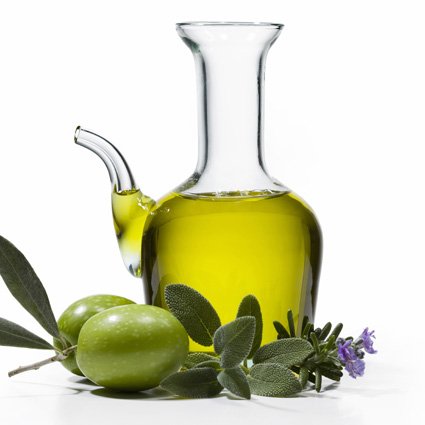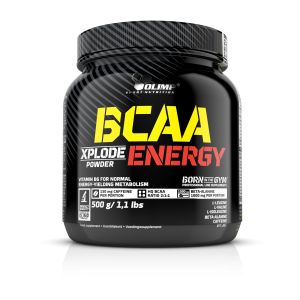Olive oil as a protection of the liver?

For a long time now, olive oil has been considered one of the most valuable food products a person can (and should) incorporate into their diet. Often, you can read about its protective role on our cardiovascular system and prevention against diseases associated with it. Personally, however, this is the first time I read reports, presented by the scientists from the University of Monastir (Tunisia) in association with colleagues from the King Saud University in Riyadh (Saudi Arabia), claiming that olive oil can protect against the damage caused by reactive forms of oxygen.
For 4 weeks, researchers had been giving 80 rats (divided into 8 groups of 10), 2,4 dichlorophenoxyacetic acid (herbicide, but also a combat chemical, often used in the Vietnam War, among others). Some groups of animals received the toxin with olive oil (extra virgin) or one of its active fractions.
In the experiment there was observed the development of significant liver damage. Interestingly, rats given olive oil (or its hydrophilic fraction) showed a significant increase in the activity of antioxidant enzymes, which limited the risk of liver damage associated with poison ingestion.
The researchers concluded that olive oil, particularly its hydrophilic portion, has a strong protective effect against oxidative stress.
Certainly, studies in animals generally (or rats, as is the case here) should always be approached with reserve, however, the number of positive reports about various pro-health properties of olive oil is so high, that there is no risk involved here – apart from an additional protection of the liver.
However, all this does not release us from taking care of specialised protection, which should be borne in mind by persons exposed to liver damage – Hepaplus™ proves useful here.
References:
Amel Nakbi, Tayeb Wafa, Abir Griss, Manel Issaoui, Samia Dabbou, Issam Chargui, Meriem Ellouz, Abdelhedi Miled and Mohamed Hammami Effects of olive oil and its fractions on oxidative stress and the liver's fatty acid composition in 2,4-Dichlorophenoxyacetic acid- Treated rats Nutrition & Metabolism 2010, 7:80 doi: 10.1186/1743-7075-7-80
Your diet is high in saturated fats? Remember EPA!
Most people who train and care about their body shape attach importance to what goes on their plates. Fats do not enjoy very good reputation in our community – and even worse is the perception of saturated fat. And although in part I agree with the opinion that we should not go overboard with their inclusion in the diet, we should not avoid them completely either.
But if we look at what an average Pole eats, our impressions will not be so optimistic. Because it is often that high intake of saturated fatty acids is combined (in my opinion, not necessarily strictly causal) with obesity, cardiovascular disease and insulin resistance.
Researchers from the University of Tennessee decided to see if you can easily prevent or even reverse one of the abovementioned negative effects of excess saturated fatty acids. Their attention was drawn to a member of omega-3 fatty acid family – the eicosapentaenoic acid (EPA). For quick results, mice were chosen as study subjects (above, I have mentioned the limitations stemming from it). Rodents were fed a low fat diet, high fat diet, or high fat diet with EPA. As expected, mice from the group with a high content of saturated fat became obese and developed insulin resistance. On the other hand, it was observed that in the group receiving omega-3 fatty acids the animals gained weight but did not exhibit a deterioration of insulin response.
Therefore, if your diet is far from ideal yet you definitely do not want to change it (to which I certainly encourage you), you should at least consider including in it a permanent supplementation with omega-3 fatty acids. I myself use Gold Omega3 and would recommend it to anyone.
References:
Nishan S. Kalupahana, Kate Claycombe, Shelley J. Newman, Taryn Stewart, Nalin Siriwardhana, Nirupa Matthan, Alice H. Lichtenstein and Naima Moustaid-Moussa Eicosapentaenoic Acid Prevents and Reverses Insulin Resistance in High-Fat Diet-Induced Obese Mice via Modulation of Adipose Tissue Inflammation J. Nutr. First published September 22, 2010, doi: 10.3945/jn.110.125732
Research results found and discussed by Zbyszko Tarczewski
BACK ›

